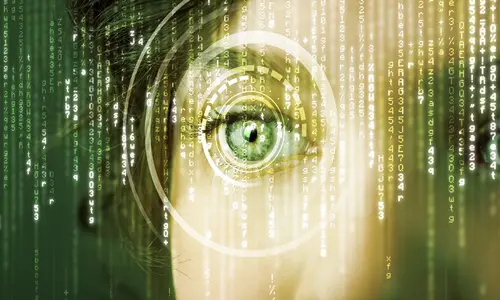


Digital ForensicsLearn the principles and techniques of digital forensics Samer Aoudi Available Feb 2023 English 0
Course Description
This course covers the principles and techniques of digital forensics, including forensic imaging, data recovery, and evidence analysis. It also covers legal and ethical considerations. Suitable for those interested in a career in this field.
Learning OutcomesCourse Access
ReadFull access to digital learning materials 
WatchDedicated YouTube Playlist for web application security
ApplyApply your knowledge in a contrlled lab environment Course OutlineTarget Audience
This course is suitable for students who are interested in or pursuing a career in law enforcement, criminal investigation, or cybercrime prevention, as well as for professionals who are working in these fields and who want to learn more about digital forensics.
Edition
This is the first edition of the book. Published on January 7, 2023
Course Modules
Module 1 - Introduction to Digital Forensics: This module provides an overview of digital forensics and its importance in investigating digital crime. It covers the principles and processes of digital forensics and the different types of digital evidence.
Module 2 - Digital Evidence Collection and Preservation: This module covers the techniques for collecting and preserving digital evidence, including the use of imaging and hashing techniques. It also covers the legal issues involved in the collection and preservation of digital evidence.
Module 3 - Digital Forensics Examination: This module covers the techniques and tools used to conduct a digital forensic examination, including the use of forensic software and hardware tools. It also covers the analysis of different types of digital evidence, such as computer, mobile, and network forensics.
Module 4 - Reporting and Presenting Findings: This module will cover the process of reporting and presenting digital forensic findings. It will include the use of report writing software and the creation of visual aids to present findings in a clear and comprehensive manner.
Module 5 - Advanced Topics: This module will cover more specialized areas within digital forensics, such as cloud forensics and blockchain forensics. It will also cover emerging trends in digital forensics, such as Artificial Intelligence and Machine Learning applications in digital forensics.
Legal
Some of the product names and company names used in this course have been used for identification purposes only and may be trademarks or registered trademarks of their respective organizations. The software tools and applications in this course are for instructional purposes only. They have been tested with care, but are not guaranteed for any particular intent beyond educational purposes. The author does not offer any warranties or representations, nor does he accept any liabilities with respect to the programs.
© 2022-2023 Samer Aoudi
#cybersecurity #etextbook #websecurity #pentesting #onlinelessons
Ads By Google